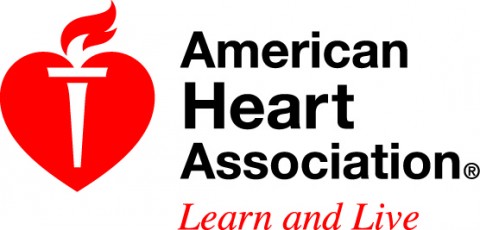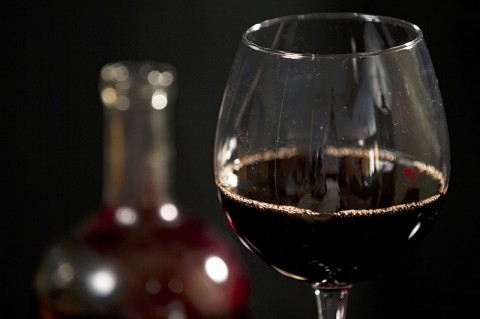Red wine’s polyphenols uninhibited by alcohol seem to be the blood pressure reducing element.
 Dallas, TX – Men with high risk for heart disease had lower blood pressure after drinking non-alcoholic red wine every day for four weeks, according to a new study in the American Heart Association journal Circulation Research.
Dallas, TX – Men with high risk for heart disease had lower blood pressure after drinking non-alcoholic red wine every day for four weeks, according to a new study in the American Heart Association journal Circulation Research.
Non-alcoholic red wine increased participants’ levels of nitric oxide, which helped decrease both systolic and diastolic blood pressure, researchers said. Nitric oxide is a molecule in the body that helps blood vessels relax and allows more blood to reach your heart and organs.

The red wine and nonalcoholic wine contained equal amounts of polyphenols, an antioxidant that decreases blood pressure.
During the red wine phase, the men had very little reduction in blood pressure and there was no change while drinking gin. However, after drinking non-alcoholic red wine, blood pressure decreased by about 6mmHg in systolic and 2mmHg in diastolic blood pressure — possibly reducing the risk of heart disease by 14 percent and stroke by as much as 20 percent.
Researchers concluded that the alcohol in red wine weakens its ability to lower blood pressure. But polyphenols — still present after alcohol is removed from wine — are likely the beneficial element in wine.
Co-authors are Gemma Chiva-Blanch, Mireia Urpi-Sarda, Emilio Ros, Sara Arranz, Palmira Valderas-Martinez, Rosa Casas, Emilio Sacanella, Rafael Llorach, Rosa M Lamuela-Raventos, Cristina Andres-Lacueva and Ramon Estruch. Author disclosures and funding sources are on the manuscript.


